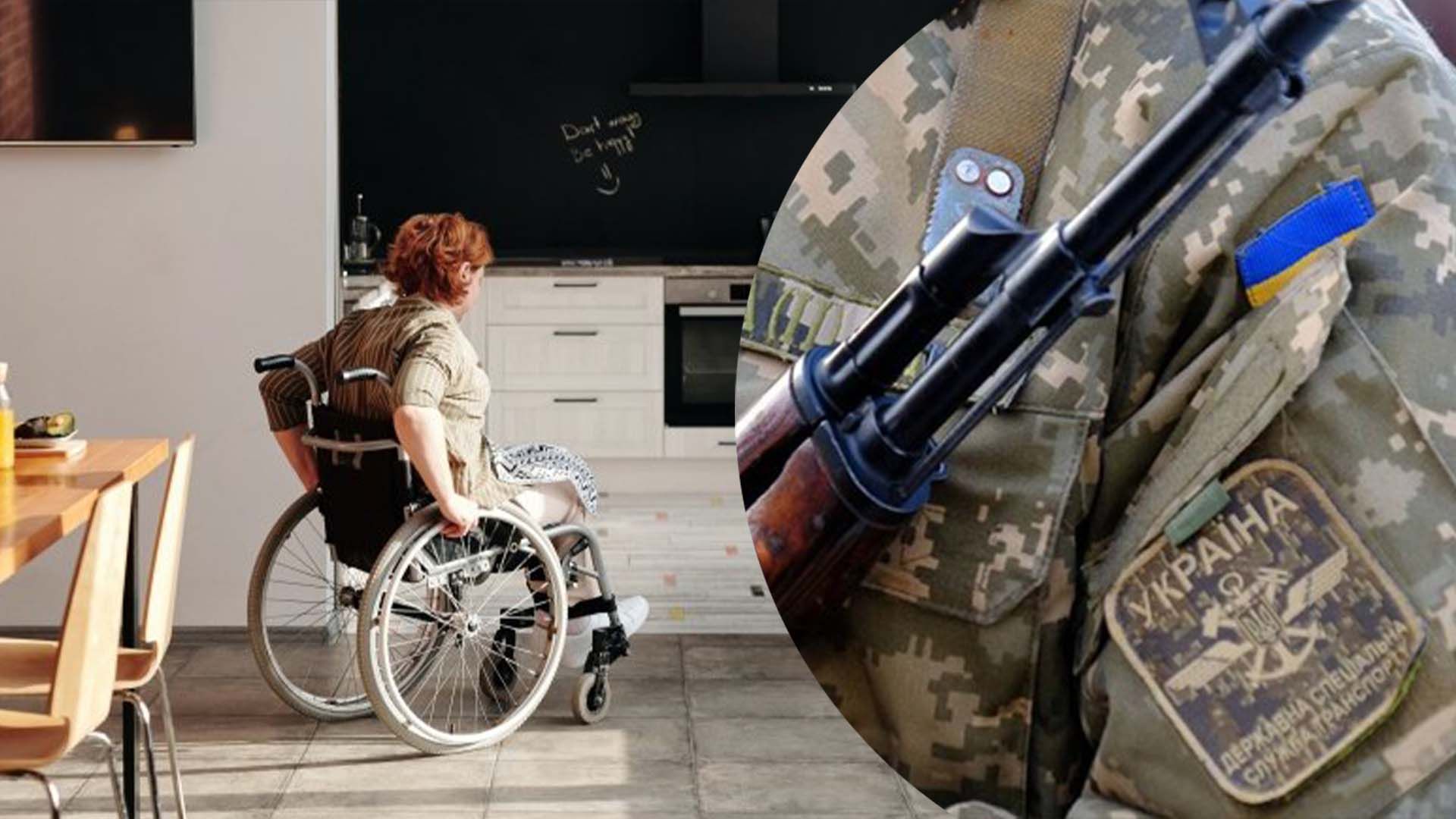I am Mariya Borevich, your personal lawyer. My primary goal is to help clients find optimal solutions to current legal issues, ensuring reliable protection of their interests. I specialize in family, civil, and military law, which allows me to effectively handle a variety of situations and cases. In family law, I provide support in resolving issues related to divorce, property division, establishing and challenging parental rights, alimony, and child custody. I understand that these matters are often emotionally complex, so I always strive to find the most delicate and fair solutions for all parties involved. In civil law, I assist in settling disputes related to contracts, property rights, compensation for damages, inheritance, and other issues concerning the protection of personal and property interests. Special attention is given to military law — supporting servicemen, protecting their rights and interests related to military service, social guarantees, and legal disputes. This area requires deep knowledge and understanding of the specifics of military service and the legislation regulating it.
Postponement from mobilization for persons who care for a spouse with a disability of group 1 or 2 is provided for by the legislation of Ukraine, if certain conditions are met. Issuing a postponement from mobilization to care for a disabled wife requires compliance with certain requirements and procedures. Under the law, if you have a spouse with a disability who you need to care for, you may be eligible for a deferment from mobilization.
The legalization of care for a person with a disability includes several key steps related to the preparation of documents, application to the relevant authorities and compliance with established procedures. The main goal is to obtain official confirmation of care and, if necessary, social assistance, and the end result is a formalized deferment from mobilization.
Registration of care for a disabled person in order to receive a postponement of mobilization requires compliance with a certain procedure and the provision of relevant documents confirming the need for care. A deferment may be granted in cases where you are caring for a person who cannot function independently due to a health condition.
Conditions for granting a postponement, registration of care for a arrange care for a disabled person of the 1st group or group 2, arrange care for a disabled person of the 3rd group:
An important document is the MSEK certificate, which confirms a person's disability status and indicates the need for outside care. It is also desirable to obtain a medical opinion from a family doctor or a specialized specialist about the state of health of a person with a disability and the need for third-party care. It is important to confirm that you live with your spouse. This can be done by submitting a certificate of family composition or other documents that prove your place of residence together.
Question
How to get care for a disabled person?
Answer
First, you need to confirm the disability status of the person you plan to care for. This is done through the Medical and Social Expert Commission, which issues a disability certificate and determines the disability group (1, 2 or 3). The conclusion of the MSEK must indicate that the person needs constant external care. To register for care, it is necessary to apply to the social protection authorities at the place of residence of a person with a disability. It is necessary to submit an application for the appointment of a person who will provide care. The application can be submitted both by the disabled person himself and by a person who wishes to provide care.
The procedure for issuing a postponement:
- Preparation of documents, namely: a medical certificate on the wife's state of health confirming the presence of disability. It is important that this certificate meets all the requirements established by law, a certificate from the MSEK (Medical and Social Expert Commission): a document confirming the disability group and the need for external care, as well as a document confirming marriage: a marriage certificate or other official document , which confirms your family ties.
- Applying to the Territorial Recruitment and Social Support Center (TCC): Apply to your TCC for deferment from mobilization on the grounds of caring for a spouse with a disability. Attach all collected documents to the application.
- Review of the application: the commission of the TCC will review your application and documents to decide whether to grant or deny the deferment. In case of a positive decision, you will be issued with a confirmation of the postponement.
If the TCC refuses to grant a deferment, you have the right to appeal this decision to a higher instance of the TCC or in court. Appealing the refusal of the territorial recruitment and social support center (TCC) to grant a deferment for the care of a disabled wife includes several stages. It is important to follow the established procedure and prepare all the necessary documents to ensure the protection of your rights.
Algorithm of actions:
- Receiving a written refusal by the TCC: if the TCC refuses to grant a deferment, they are required to provide a written decision justifying the refusal. Be sure to get this document as it will be the basis for filing a complaint.
- Preparing a complaint to a higher body of the TCC: the first step is to file a complaint against the decision to a higher body of the TCC (regional or city level). Attach copies of all documents that confirm your eligibility (MSEK certificate, family composition certificate, written refusal of TCC).
- Filing a complaint in court (if necessary): if a higher body of the TCC leaves the complaint unsatisfied or ignores it, you have the right to appeal to the administrative court. It is also necessary to attach copies of all documents that confirm the need for a deferral and your efforts to comply with the procedure (application to the TCC, written refusal, application to a higher authority).
Appealing the refusal of the TCC requires detailed preparation and knowledge of the law, therefore, in order to successfully protect your rights, it is advisable to seek legal help from our legal service "Consultant" in order to avoid mistakes in the process.
Therefore, the legal registration of care for a person with a disability or the registration of care for a disabled person of the 2nd group is a responsible process that requires compliance with all requirements and procedures established by the legislation of Ukraine. Contacting a lawyer can greatly simplify the process and ensure effective protection of your rights and the rights of the person who needs care.
Registration of care for a person with a disability involves a certain procedure and the preparation of documents that confirm the person's need for care requires careful preparation of documents and cooperation with the TCC. Legalization of care for a person with a disability can greatly simplify the process and increase the chances of receiving a deferment.
Legal assistance in the registration of care for a disabled person of the 3rd group and receiving a postponement from mobilization may be necessary in several key situations:
Preparation and processing of documents: if you do not know how to properly complete an application for a TCC (territorial procurement center), a lawyer can help you prepare it in accordance with the requirements of the law and help determine what documents are needed and check them for errors and help to process care for a disabled person.
Advice on legal issues: if you have questions about your rights, social guarantees, as well as the procedure for granting a deferment, a lawyer can provide the necessary information and clarification on how to get care for a disabled person.
Support at the TCC: the presence of a lawyer during the submission of documents to the TCC can ensure correct execution and timely submission of documents. It can also be useful during consultations at the TCC.
Appealing a denial of a deferment: If the TCC denies a deferment, a lawyer can help you appeal the decision. This may include filing a complaint with higher authorities or a court.
Support in court cases: if the case goes to court, the lawyer will prepare the necessary documents, represent your interests in court and provide legal support throughout the process.
Legal support can be useful at all stages of the deferment process, and especially in the case of a TCC refusal. A lawyer will help you collect the necessary documents, correctly complete the application, and also represent your interests in the event of an appeal. This process can be complicated, so it's important to prepare ahead of time and ensure that all paperwork is completed correctly to increase your chances of successfully obtaining a deferment. In case of difficulties or misunderstandings, it is recommended to seek legal help from the specialists of the legal service "Consultant" in order to protect your rights and get the necessary support and to learn the details of how to arranging care for a person with a disability in order to receive a postponement of mobilization.

































